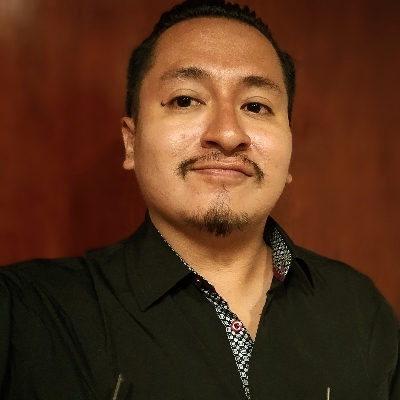Editor’s Note: This text is available to read in the original Portuguese and in translation to Spanish and English. Scroll down to read in English, and click “Español” to read in Spanish.
Retomada
Como você se atreve a nos chamar de pobres hoje
Se foi você que tirou nossa terra?
Como você se atreve a nos chamar de feios
Depois de ter violado nossas mulheres?
Como você se atreve a nos chamar de preguiçosos
Se foi você que nos matou de trabalhar?
Não somos pobres
Fomos empobrecidos
Não somos feios
Fomos embranquecidos
Não somos preguiçosos
Fomos escravizados, tutelados
Então, como você se atreve?
Há luas e luas
Nossos ancestrais teceram nossa história de glória
Por isso lutamos para reaver:
A terra que nos foi roubada,
A voz silenciada
O corpo ocultado
Nossas belezas
Nossos encantados
Nossos povos
Nossas vidas
Então
Nunca mais se atreva a nos diminuir no seu espelho.
Reclaimed
How dare you call us poor today
when you were the one who snatched our lands?
How dare you call us ugly
when you were the one who raped our women?
How dare you call us lazy
when you were the one who killed us with inhuman hours of work?
We are not poor
We were impoverished
We are not ugly
We were whitened
We are not lazy
We were enslaved and guarded
So how do you dare?
Moon after moon
Our ancestors weaved our glorious history
And so we fight to reclaim:
The stolen land
The silenced voice
The hidden body
Our beauty
Our incantations
Our peoples
Our existences
So,
Nevermore dare to humiliate us, looking at your own reflection.
Translated by Christian Elguera





